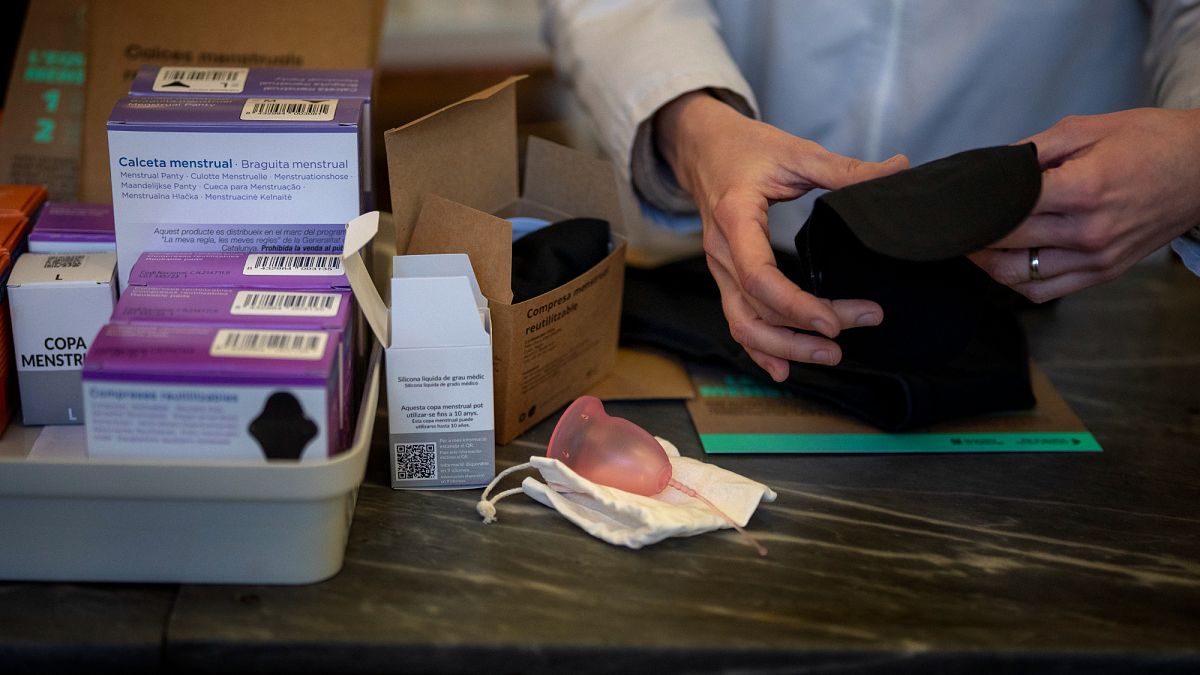

In the landscape of modern living, myriad subtle factors intertwine, shaping our wellbeing, opportunities, and environment. Three recent studies spotlight crucial, yet often understated, dimensions of contemporary existence. From the persistent presence of “forever chemicals” in personal products to the intricate effects of grief on health, and the challenging employment landscape for university graduates in Europe, these studies provide insights worthy of exploration and reflection.
In recent times, the safety of menstrual products has garnered attention with the discovery of per- and polyfluoroalkyl substances (PFAS), commonly known as “forever chemicals,” in reusable period products. These substances are widely noted for their durability and resistance to breaking down in the environment. The recent study, identifying significant PFAS markers particularly in underwear and reusable pads, raises gentle yet pressing questions about the safety of these everyday products. The calm pursuit of knowledge continues as researchers strive to understand the implications of long-term exposure to these chemicals, mindful of ensuring health and safety in their utilitarian use.
In a different vein, the often poetic phrase “dying of a broken heart” finds scientific grounding in a study exploring the impacts of grief. The research sheds light on the correlation between intense, enduring grief and an elevated risk of mortality within a decade of losing a loved one. This gentle reminder of the mind-body connection highlights the importance of emotional health and the need for supportive frameworks to assist those grappling with profound loss. As we face grief with mindfulness, acknowledging its profound impacts, we can foster environments conducive to healing and resilience.
Meanwhile, the professional landscapes across Europe paint a nuanced picture of opportunity and challenge for university graduates. While generally facing lower unemployment rates compared to the wider population, these graduates navigate a variegated terrain of job prospects. Notably, Turkey serves as an exception, where graduates encounter higher unemployment levels, reflecting diverse economic dynamics at play. Embracing education as a beacon of hope, the need for adaptable skills and supportive market systems is increasingly clear. Continuous learning and innovation stand as crucial companions in the pursuit of career fulfillment, empowering graduates to contribute meaningfully to society.
As these studies remind us of unseen threads weaving through our lives, they invite a mindful contemplation of how we engage with the world. The interplay of chemicals in our daily routines, the heart’s response to emotional weight, and the journey of graduates into the workforce are parts of a larger tapestry of life. By approaching these with informed curiosity and gentle perseverance, we can build a more mindful and responsive world, honoring the well-being of all its inhabitants one step at a time.
Source: {link}
